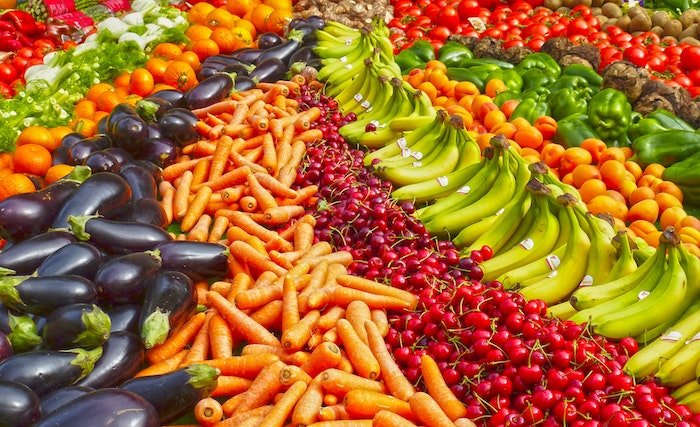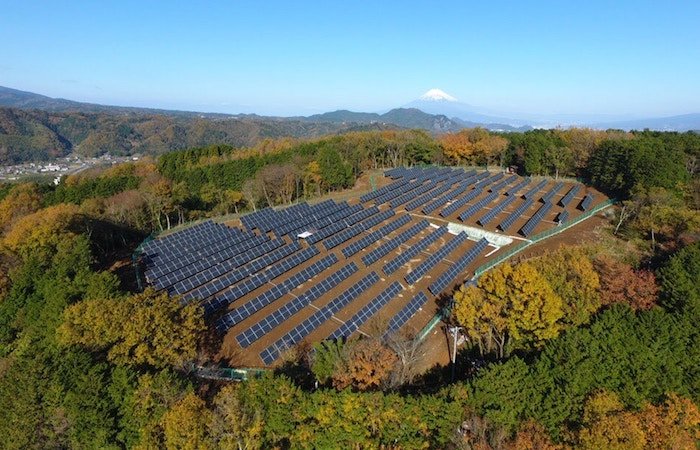Among the coldest months of the year, February can appear to have little by way of happiness or positive news about it! However, the fact is that February 2018 has been a superb month from a news angle, with plenty of hope and human achievement to warm your heart. Ed Gould rounds up his top ten positive news story from the month.
1. Happiness is up in the UK
The Office for National Statistics (ONS) announced a small but discernible amount of increase in happiness in the United Kingdom. According to reports in The Guardian in February, the ONS data – which covers the period up to September 2017 – shows that British people rated their happiness at 7.52 out of 10 on average, a rise from 7.29 in the previous survey, proving that there is hope for us all to feel happier. Where people were asked how 'worthwhile' they felt, the ONS survey revealed another upturn, which is even more positive news for people living in the UK.
2. Excessive supermarket packaging being addressed
There's been plenty of media exposure in recent months to the concept that supermarkets are wrapping up our food in too much packaging. The war on excessive packaging in much of the Western world gathered pace in February when a Danish supermarket became the first ever to introduce a plastic-free aisle. Shoppers can now head there and buy wrapped, clean, healthy food, but in a retail environment that is devoid of all plastics. According to The Washington Post, the move was warmly welcomed by environmentalists and it's hoped the idea, which includes no less than 700 different grocery items, will be replicated elsewhere.

That's (not) a wrap: a supermarket in Denmark has introduced a plastic-fee aisle
3. Fast food moves away from disposable cups
It must be that food packaging became something of a hot topic in February, because one of the globe's largest fast-food suppliers, McDonald's, announced that its foam beverage cups and trays would be replaced in every territory it operates in throughout the world. The giant restaurant business plans to have totally recycled cups in place soon, according to Business Insider. The company's move is widely seen as a response to people power, whereby its own customers and pressure groups have informed the conglomerate's executives of what it should be doing to help protect the environment.
4. Circus animal ban in Wales looks likely
According to Wales Online, a move to outlaw the use of circus animals in the region will come into force soon. Similar bans exist in other parts of Europe and, for many, the sight of a circus animal is one that only brings to mind welfare issues. Only travelling circuses operate in Wales, but the Welsh government confirmed in February that it's looking at the legal position that allows for such entertainment. The move follows a similar one put in place by another devolved administration in the UK, in Scotland, and an outright ban on circus animals in Ireland which came into force this year.
5. MIT says volcanoes will solve future construction needs
The Massachusetts Institute of Technology (MIT) is one of the world's leading scientific research centres. According to the Journal of Cleaner Production, MIT scientists working in Kuwait have begun developing ways of harnessing the power of volcanoes to make new forms of concrete which will help to build the cities of the future. Their work centres on the 'embodied energy' of volcanic ash which can be fashioned into concrete with much less energy than current methods. The result would be buildings that are constructed with a much lower carbon footprint than ever before.

Blowing up: ash from volcanoes could be used to create new forms of concrete
6. Brussels set to improve airborne pollution
A busy city in the heart of Europe, Brussels – like many other metropolitan areas – suffers from airborne pollution when there are lots of cars on the road. Add to this the city's inhabitants love of wood burning stoves and there's little positive news for people who are susceptible to particulates in the air. According to The Guardian, city officials will make public transport completely free to use on days when pollution is predicted to be high. The use of stoves may also be restricted on such days, according to the news story.
7. Mindfulness leads to better computer programming
According to Science Daily, the practice of mindfulness is not just good for inner well-being and emotional intelligence and overall happiness, it's good for solving computer programming problems, too. Researchers from the University of Seville in Spain have demonstrated that frequent meditation sessions lead to improved performance with a variety of computer programming tasks. Students involved in the study did better with their subsequently set problems and often solved their tasks quicker than those who had not been involved with any meditation sessions.
8. Egypt announces world's most ambitious solar power station
Egyptian authorities announced a joint private and public initiative to create the globe's biggest solar power complex in February. Officials said that the Benban Solar Park would create a photovoltaic plant that could generate up to 1.65 gigawatts of electrical energy. According to the Egypt Independent and other media outlets, the plant will boost the renewable energy supply in the country from a small fraction to 37 per cent by 2035.

Panel power: the world's biggest solar panel plant looks set to be built in Egypt
9. A pessimistic outlook may be beneficial, study suggests
According to a Reader in Health Psychology at the University of Sheffield, there's now an overwhelming body of work in the field of human science that suggests there are advantages to being pessimistic. Strictly speaking, Fuschia Sirois' work focusses on a certain kind of pessimism which harnesses negative thoughts for positive outcomes. She suggests that this is a human strategy that helps people to overcome things like anxiety that would otherwise hold them back. It shouldn't be confused, however, with the sort of pessimism that blames oneself for anything that goes wrong or is negative. Her work suggests that hope is there for all, no matter how you see the half-filled glass.
10. New research into peanut allergies is positive news for sufferers
Anyone who has a peanut allergy or knows somebody with one will know just how severe the results can be. New research by an American company, Aimmune Therapeutics, has shown that a treatment may now be on the cards which will be able to help affected people. According to the Financial Times, around two-thirds of those who were involved with the trial responded well to it. More research is required before the programme can be turned into a fully-fledged therapy, but the company concerned is hopeful that one can be developed once the authorities sign off on further field trials. ●
Written by Ed Gould
 Ed Gould is a UK-based journalist and freelance writer. He is a practitioner of Reiki.
Ed Gould is a UK-based journalist and freelance writer. He is a practitioner of Reiki.



Join the conversation
You are posting as a guest. If you have an account, sign in now to post with your account.
There are no comments to display.